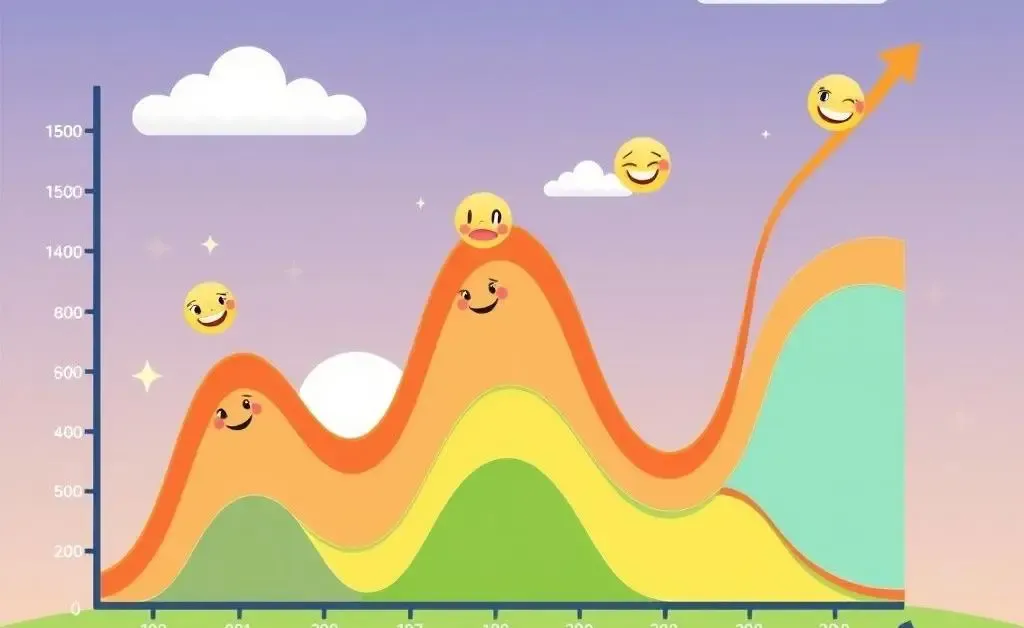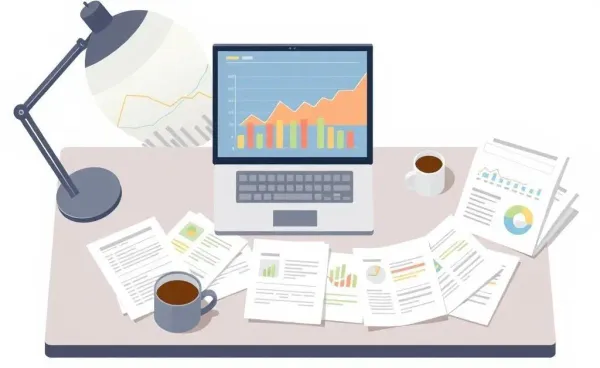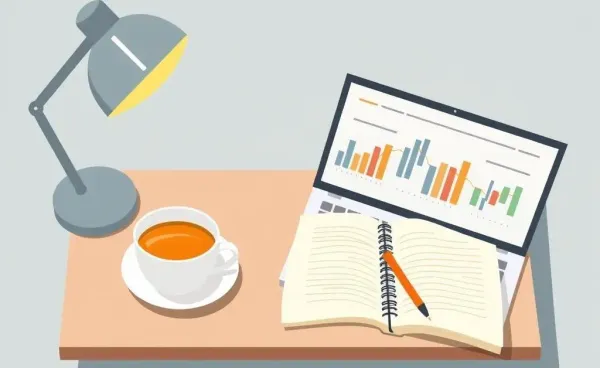Mastering the Market: The Delicate Dance of Economic Policies
Explore the intricate balance of policy and market swings in today's economy.

Ever wonder how economic policies influence market behavior? It's a bit like conducting a symphony — hitting the right notes keeps the music flowing smoothly, but one wrong move and it could all fall apart!
The Delicate Balance of Economic Policy
Economic policies are like the invisible strings that move markets. When governments adjust interest rates, shift tax policies, or alter public spending, these decisions ripple through the economy, impacting everything from individual investments to global markets.

Key Policy Actions Impacting Markets
- Interest Rate Adjustments: Lowering interest rates can stimulate spending by making borrowing cheaper, while raising rates can help control inflation.
- Tax Policy Changes: Cuts can increase disposable income for consumers, but might reduce government revenue.
- Public Spending Shifts: Increased spending on infrastructure can boost job creation, but may also lead to higher debt.
Consider this: A friend of mine, Alex, started investing in stocks shortly after the government announced a tax cut. The extra cash in everyone's pockets led to increased consumer spending, which in turn made stock prices soar. Alex’s timing was impeccable, but it wasn’t just luck—understanding policy shifts helped him make informed decisions.
Why Timing Matters
Just like Alex, staying informed about policy changes can help investors make savvy decisions. But remember, timing is key. When policies shift, the markets can react quickly—sometimes even unpredictably. It’s essential to keep an eye on the news, but also to know your personal risk tolerance and investment strategy.

Planning in an Unpredictable Market
So, how do you plan amidst potential market swings? Here's a quick guide:

- Diversify Your Investments: Spread your investments across different asset classes to reduce risk.
- Stay Informed: Regularly read financial news and analysis.
- Adjust Your Portfolio: Based on your financial goals, time frame, and risk tolerance.
In the ever-evolving world of economics, understanding the link between policy decisions and market reactions can be your best tool. As you sip your morning coffee tomorrow, think about how the day’s headlines might reshape your investment landscape.
Now, what’s your take on how economic policies influence your financial decisions? How do you navigate the ever-changing market waters?




